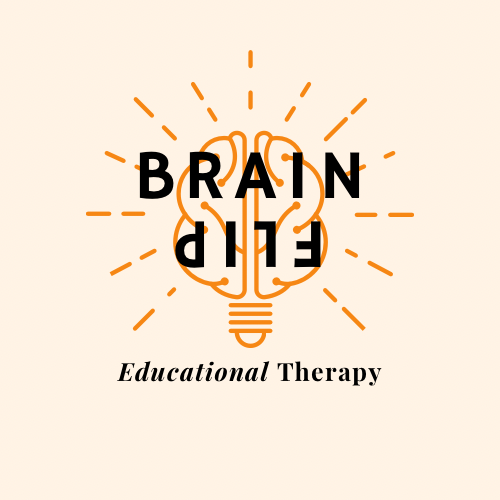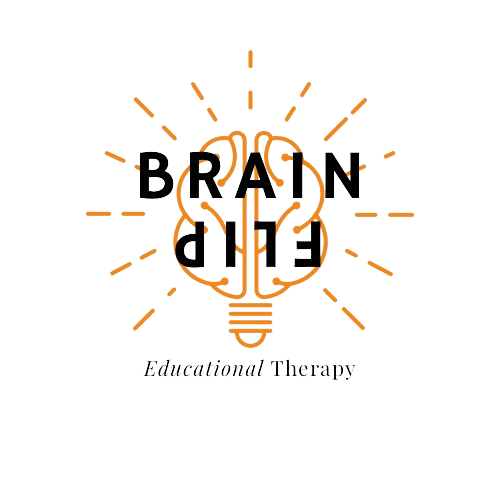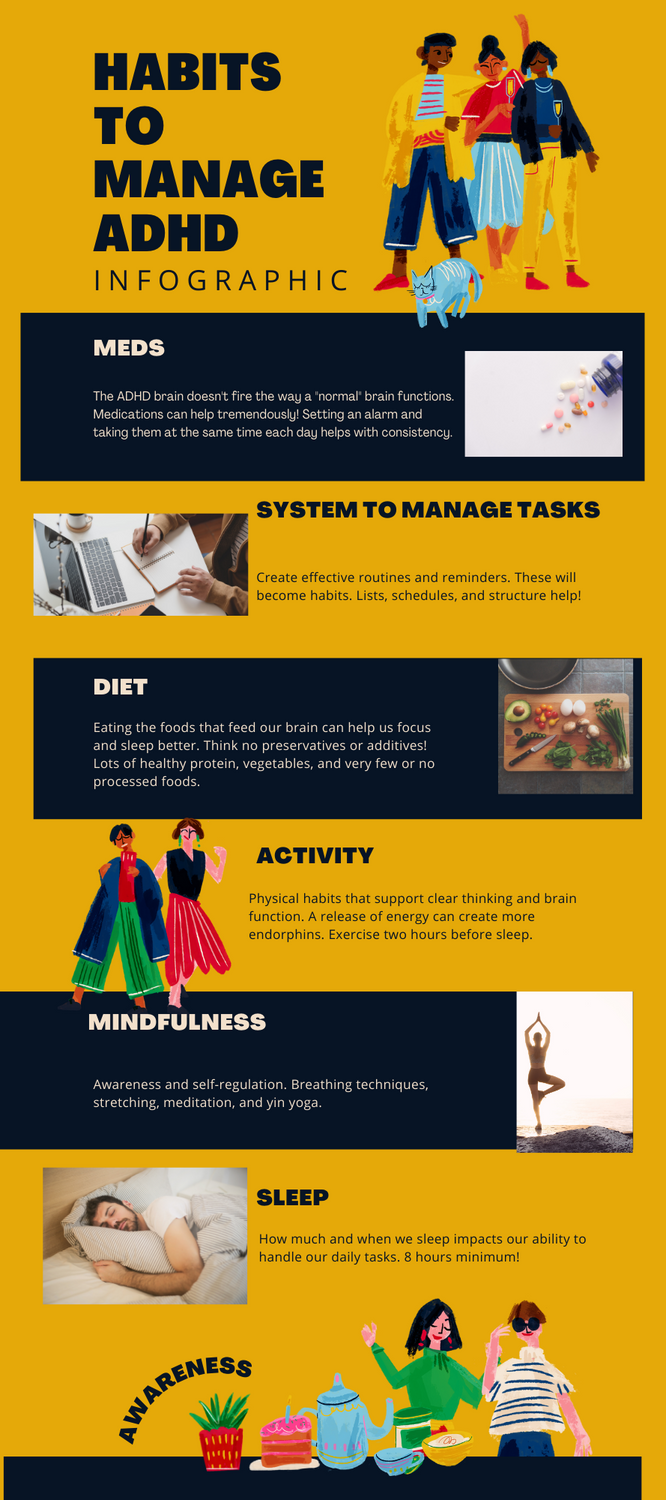How can I support my child with ADHD?
Supporting a child with ADHD (Attention-Deficit/Hyperactivity Disorder) involves a multi-faceted approach that addresses their specific needs. Here are some strategies and suggestions to help you support your child with ADHD:
Educate yourself: Learn as much as you can about ADHD, its symptoms, challenges, and treatment options. This knowledge will help you better understand your child's experiences and develop effective strategies.
Collaborate with professionals: Consult with healthcare professionals, such as pediatricians, psychologists, or psychiatrists who specialize in ADHD. They can provide guidance, offer assessments, and recommend appropriate interventions.
Maintain a structured environment: Establish consistent routines and clear expectations at home. Use visual cues, schedules, and reminders to help your child stay organized and focused. Minimize distractions and provide a calm, quiet space for studying or completing tasks.
Break tasks into manageable chunks: Large tasks can be overwhelming for children with ADHD. Help your child break them down into smaller, more manageable steps. Offer guidance and praise for each completed step, providing motivation and a sense of accomplishment.
Use positive reinforcement: Reward and praise your child's efforts and achievements. Positive reinforcement can help motivate and reinforce desired behaviors. This could include verbal praise, small rewards, or privileges.
Provide clear and concise instructions: When giving instructions or explaining tasks, use simple and straightforward language. Break instructions into smaller, actionable steps and check for understanding.
Encourage physical activity: Regular exercise and physical activity can help reduce hyperactivity and improve focus. Encourage your child to engage in activities they enjoy, such as sports, dancing, or martial arts.
Support social skills development: Children with ADHD may struggle with social interactions. Teach and model appropriate social skills, such as active listening, taking turns, and empathy. Encourage participation in social activities, clubs, or support groups.
Foster healthy lifestyle habits: Ensure your child gets enough sleep, maintains a balanced diet, and avoids excessive screen time. Adequate rest and a nutritious diet can positively impact focus and attention.
Communicate with teachers: Maintain open lines of communication with your child's teachers. Collaborate on strategies and accommodations that can be implemented at school to support your child's learning and manage ADHD-related challenges.
Explore ADHD-specific interventions: Depending on your child's needs, consider interventions such as behavior therapy, cognitive-behavioral therapy (CBT), or medication. Consult with professionals to determine the most appropriate course of action.
Provide emotional support: ADHD can sometimes lead to frustration, low self-esteem, or emotional challenges. Offer a supportive and understanding environment for your child to express their feelings. Encourage them to develop coping mechanisms, such as deep breathing or taking short breaks when feeling overwhelmed.
Remember, each child with ADHD is unique, so it's important to tailor strategies to their individual needs. Patience, consistency, and a supportive environment can go a long way in helping your child thrive.
What is an Ed Therapist?
An educational therapist (ed therapist) is a professional who specializes in helping students with learning differences and disabilities to overcome academic challenges and reach their full potential. They work with students of all ages, from elementary school through college and beyond, and may specialize in specific areas such as dyslexia, ADHD, autism, or other learning challenges.
One example of an educational therapist at work might be a student who has been struggling with reading due to dyslexia. The therapist would work with the student to identify their specific challenges and develop a personalized plan to help them overcome those challenges. This might involve using specific reading strategies or technologies, such as audiobooks or speech-to-text software, that can help the student better understand and retain information. The therapist would also work closely with the student's teachers and parents to ensure that everyone is on the same page and that the student is receiving the support they need both in and out of the classroom.
Another example might be a college student who is struggling with time management and executive functioning skills. The educational therapist might work with the student to develop a schedule and routine that works for them, teach them organizational strategies and study skills, and help them build their self-regulation and self-advocacy skills. This might involve teaching the student how to break down complex assignments into smaller, more manageable tasks, or helping them learn how to prioritize their time and avoid procrastination.
A story of an educational therapist's impact on a student's life might be a young girl who had always struggled with math. She had been diagnosed with dyscalculia, a learning disability that makes it difficult to process numbers and perform mathematical calculations. Despite the extra help she was receiving in school, she continued to struggle and became increasingly discouraged.
Her parents decided to hire an educational therapist who specialized in dyscalculia. The therapist worked with the girl to identify the specific challenges she was facing and develop a personalized plan to help her overcome them. This included using visual aids and manipulatives to help her better understand math concepts, as well as teaching her specific strategies for solving math problems. Over time, the girl's confidence and skills improved dramatically, and she was able to achieve success in math that she had never thought possible. With the help of her educational therapist, she was able to overcome her learning challenges and reach her full potential.
What is an ADHD Coach?
Attention Deficit Hyperactivity Disorder (ADHD) can be a challenging condition to manage. It affects individuals of all ages and can make it difficult to focus, organize tasks, and manage time. As an ADHD support coach, my role is to help individuals with ADHD develop effective strategies and skills to manage their symptoms and thrive in their personal and professional lives.
Here are some ways I provide the best support possible to individuals with ADHD:
Understand the unique challenges of ADHD: ADHD affects everyone differently, and it's important to understand the unique challenges that each person faces. Some individuals may struggle with hyperactivity and impulsivity, while others may have difficulty with attention and organization. By understanding the individual's specific challenges, I can help them develop strategies that are tailored to their needs.
Help individuals with ADHD develop self-awareness: Self-awareness is key to managing ADHD. I help individuals identify their strengths and weaknesses, as well as their triggers and warning signs. This can help them recognize when they are struggling and take proactive steps to manage their symptoms.
Develop effective time management strategies: Time management can be a significant challenge for individuals with ADHD. I help individuals create a schedule and prioritize tasks, breaking them down into manageable steps. I encourage them to use tools such as timers, alarms, and reminders to help them stay on track.
Support organization and planning: Organization and planning are essential skills for individuals with ADHD. I encourage them to use tools such as calendars, planners, and to-do lists to help them stay organized and on top of their tasks. I help them develop a system for keeping track of important information, such as appointments and deadlines.
Encourage healthy habits: A healthy lifestyle can help individuals with ADHD manage their symptoms. I encourage them to prioritize sleep, exercise, and a healthy diet. These habits can help improve focus and reduce impulsivity.
Provide emotional support: Individuals with ADHD may struggle with feelings of frustration, shame, and low self-esteem. As an ADHD support coach, it's important to provide emotional support and encourage them to seek additional support, such as therapy, if needed.
Celebrate successes: I recognize their progress and help them build on their achievements. Positive reinforcement can be a powerful motivator for individuals with ADHD.
In conclusion, being an ADHD support coach is a challenging but rewarding role. By understanding the unique challenges of ADHD and helping individuals develop effective strategies and skills, I can help them manage their symptoms and thrive in their personal and professional lives.
How is ADHD Different in Kids?
How is ADHD different in kids?
Most parents ask this question, and although typical, the answer is quite complicated. Kids are not the same. One child with ADHD can exhibit vastly different symptoms from the next child, even with the same diagnosis.
Gavin and Matthew are a few examples of this phenomenon. They are the same age, come from strikingly similar backgrounds, and even attended the same school since kindergarten. They were both formally diagnosed with ADHD, slow processing, and the same form of dyslexia at the age of 9. They did not, however, need the same therapy. While both were very social, Matthew was quite popular, whereas Gavin was shunned by his peers. Their personas were simply very different. Upon working with them closely, I realized that Matthew was triggered differently than Gavin and therefore needed to learn how to manage his issues differently than his classmate. Confidence, or the lack thereof, played a vital role in their therapy. Gavin thrived when he was heard and understood, while Matthew was competitive and thrill-seeking. Matthew could make eye contact, and Gavin missed social cues. They also had noticeable differences in their ability to recall information. Gavin could remember finite details of a story or list, whereas Matthew only recalled the first part of a list or story. The list of their differences, rather than similarities, went on and on. Same diagnosis, different kids, dissimilar challenges.
Finding the right educational support can help pinpoint a child’s challenges and needs. No perfect remediation addresses all individuals with ADHD or any other learning diagnosis in the same way. What works well for one child, won’t necessarily remediate issues for another. There are forums online that are helpful. CHADD is one great resource for ADHD. Orton-Gillingham is a great source of information about remediation for dyslexia.
What if my kid doesn’t want help?
What if my kid doesn’t want help?!
I always find it fascinating when the adults “dance around” the child who needs support while the child takes little to no initiative in the process. The child needs to be a willing participant in this endeavor. So what do you do if your kid doesn’t want help?
Oftentimes, most kids with learning challenges do want support, but they don’t see how it is going to help. They need to experience small and big “wins” in order to fully participate in the process. They have usually been let down, feel insecure, and have low self-esteem. They need to make progress and see that the support works before they will truly be open to change.
Sessions need to be planned, directed, and fun. Yes, this needs to be fun. A personal connection needs to be made. Most kids need to know and experience what happens when they stumble or fall: they need to know they won’t disappoint their therapist or coach—they need to have a honest relationship with them. This takes time, but is often worth the effort. This process helps them become open to change.
ADHD Can Be Managed
It all begins with an idea.
I have come across quite a few ADHD forums where parents ask about “fixing” their child’s ADHD or inquire at what age it will go away. Although ADHD doesn’t manifest itself in the exact same way forever over time, it does not go away. The positive: it can be managed.
Case study: “Adriana” is a 24 year old who is in her second year of college. She has a diagnosis of ADHD which manifests in lack of effective executive functions and bouts of extreme emotional dysregulation. Adriana began college with her peers of the same age, but wasn’t ready for the challenges thrown at her. She was homesick, lacked structure and routines, and couldn’t find balance between social interests and academic obligations. In high school, she had the support of her parents and a learning specialist, whom she relied on to read her tests aloud and comfort her when she was upset. In her first year of college, she barely passed her first semester, and then stopped going to classes two weeks into her second semester of freshman year. She was asked to leave until she gained better control of her challenges.
After years of struggling to manage her assignments, study effectively, and get to classes on time, she finally found a support system with an educational therapist that allowed her become more successful. Together they created a schedule with reminders and timers; she changed her diet and level of physical activity; she takes regular medication for her ADHD; she learned study techniques that allowed her to recall information more readily; she gained confidence in her abilities and skill set.
Adriana is thriving in college now. She has become much more independent and no longer requires the level of support she did previously. She still needs weekly meetings with her educational therapist, and a times, requires more hands-on support for writing papers, and studying during exam periods. Adriana reports her ADHD doesn’t impact her nearly as much as it did previously. It is still there—it has not gone away, but she has solid ways of managing it so it doesn’t control her.
What can an adult do if they have adhd?
Through testing or self-diagnosis, many adults discover they have ADHD and other learning challenges much later in life. For many, this information clarifies answers to the questions they have.
Why am I always late for appointments even when I am aware of them? I don’t seem to be able to track time like other adults and professionals.
Why can’t I remember multiple steps and tasks? Why can’t I seem to organize like those around me?
As an adult, can I overcome my issues related to ADHD and lack of executive functions?
Which steps can I take to address my issues related to ADHD?
The good news is that many adults find ways of managing their issues related to ADHD but need coaching to build new habits to address their deficits. By pin-pointing specific issues and building new habits and routines, many adults become more self-aware and experience positive changes.
The first step is to get support!
ADHD Hacks and Habits
ADHD hacks and habits
Alex is in 10th grade. He was diagnosed in middle school with ADHD and mild ASD, so attributes which mostly revolved around his social interactions with peers. He takes 15-20 mg of ritalin during the school week. Alex struggles the most when there is a lack of structure. This impacts him both in and out of school, but Alex manages it differently depending on his environment. His grades are in the B to C range, which is satisfactory to both him and his parents. His success is based on the factors below.
Habits to manage ADHD










